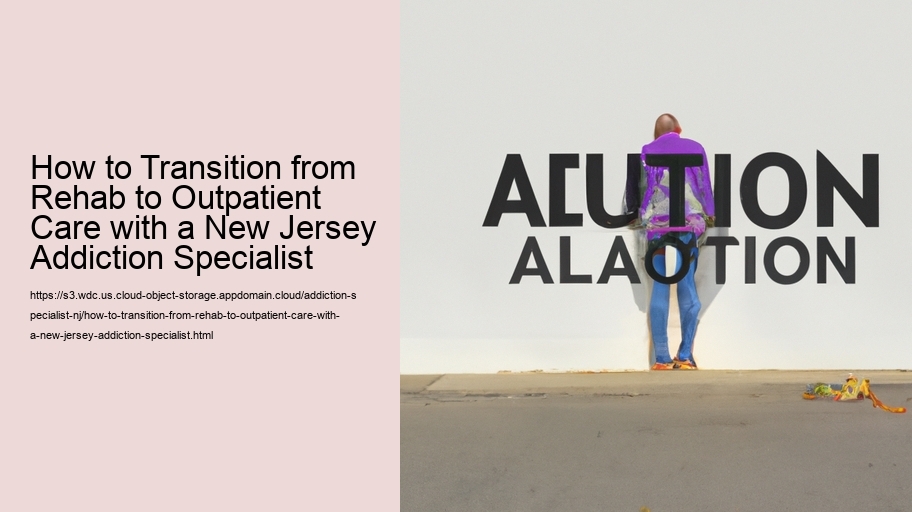Transitioning from rehabilitation to outpatient care is a crucial step in the journey of recovery from addiction. How to Identify Top-Rated Addiction Specialists Across NJ . It marks a shift from a structured, intensive environment to a more flexible and self-directed form of care. In New Jersey, individuals have access to a range of addiction specialists who can facilitate this transition and provide continued support. This essay will explore the importance of this transition, the role of a New Jersey addiction specialist, and practical steps to ensure a successful move from rehab to outpatient care.
The transition from rehab to outpatient care is significant because it represents a move towards greater independence. Inpatient rehabilitation centers offer 24-hour care and a controlled environment that minimizes exposure to triggers and stressors. However, real-world recovery requires individuals to apply the skills and strategies they learned in rehab to their daily lives. Outpatient care serves as a bridge between the structured setting of rehab and the autonomy of life outside of treatment. It provides a safety net of support, allowing individuals to gradually adjust to their new lifestyle while still receiving expert guidance.
A New Jersey addiction specialist plays a pivotal role in this transition. These professionals are trained in helping individuals navigate the complexities of addiction recovery. They offer personalized care plans that consider the unique needs and circumstances of each person. In New Jersey, addiction specialists are well-versed in local resources and can connect individuals with support groups, counseling services, and community programs that facilitate recovery. They also provide ongoing assessments and adjustments to treatment plans, ensuring that patients remain on track and receive the appropriate level of care.
To ensure a successful transition from rehab to outpatient care, several practical steps can be taken. Firstly, it is essential to establish a comprehensive aftercare plan before leaving rehab. This plan should outline the goals for outpatient treatment, identify potential triggers and coping strategies, and include a schedule for therapy sessions and support group meetings. Collaboration with an addiction specialist is crucial in creating a realistic and effective aftercare plan.
Secondly, building a strong support network is vital. This network should consist of family, friends, and peers who understand the challenges of recovery and can offer encouragement and accountability. Support groups, such as Alcoholics Anonymous or Narcotics Anonymous, provide a sense of community and shared experience that can be incredibly beneficial during this transition. New Jersey offers numerous support group meetings and resources that can be easily accessed.
Another important step is to maintain regular communication with the addiction specialist. Regular check-ins allow for monitoring progress, addressing concerns, and making necessary adjustments to the treatment plan. It is important to be open and honest about any difficulties faced during the transition, as this transparency enables the specialist to provide the best possible support.
Finally, individuals should focus on self-care and establishing healthy routines. This includes prioritizing physical health through regular exercise and a balanced diet, as well as mental health through stress-reduction techniques such as meditation or mindfulness. Engaging in activities that bring joy and fulfillment can also help in maintaining motivation and a positive outlook on life.
In conclusion, transitioning from rehab to outpatient care is a critical step in the recovery process. With the support of a New Jersey addiction specialist, individuals can navigate this transition successfully. By creating a structured aftercare plan, building a supportive network, maintaining regular communication with specialists, and prioritizing self-care, individuals can continue their journey towards lasting recovery. This transition is not just about moving from one phase of treatment to another; it is about building a foundation for a healthier, more fulfilling life.

